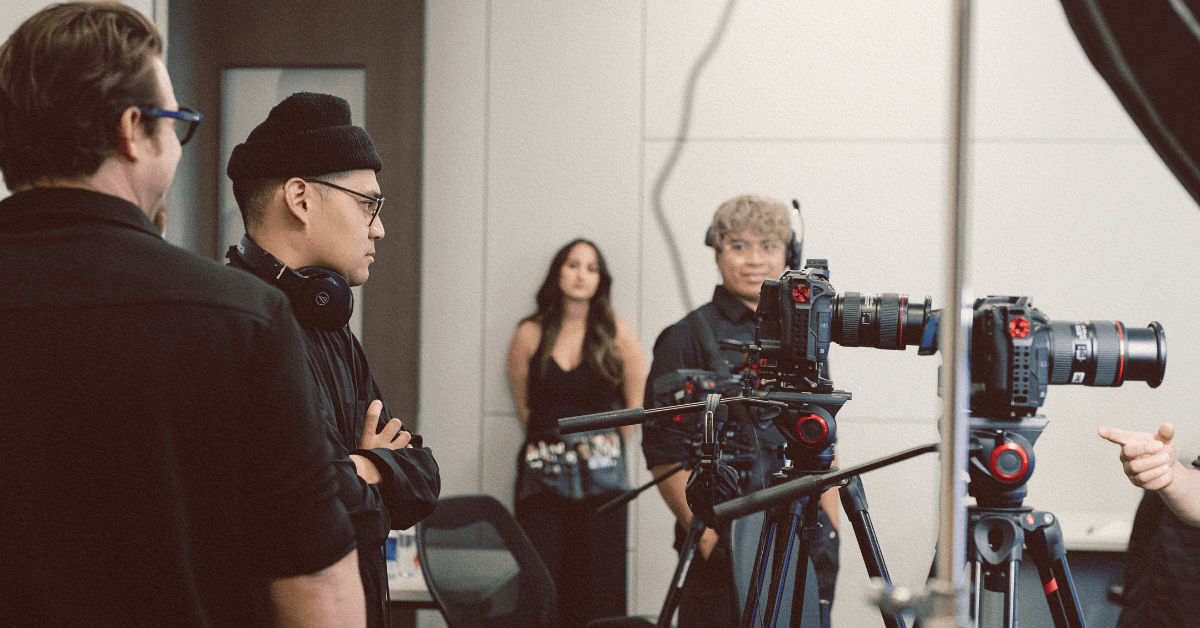Creative projects need feedback. That’s how good work becomes great. But too many revisions or the wrong kind of feedback at the wrong time can stall momentum, stretch timelines, and drain the team.
If you want to keep your creative projects on track, you need a system for managing feedback that keeps things moving.
Here’s how to stay collaborative and efficient, without turning revisions into roadblocks.

The fastest way to avoid endless revisions? Be crystal clear about what kind of feedback is expected and when. Most project delays don’t come from the work itself. They come from unclear expectations around who gives input, how much, and by when.
Include your revision process in the project kickoff. Define the number of rounds, who signs off, and how feedback should be shared (hint: vague comments don’t help anyone).
Clear expectations help everyone stay aligned, reduce surprises, and keep reviews productive, not personal. Your team will thank you for the clarity.
Want to avoid revision chaos? 3Motion sets clear feedback flows upfront so projects move forward, not in circles.
“Make it pop” isn’t helpful. Neither is “Can we try something else?” Creative teams need clear, specific input they can act on. The more direct the feedback, the faster the turnaround.
Give feedback in context. Instead of “Change the vibe,” try “This section needs more energy to match the tone of the intro.”
Here’s what helps:
Feedback should guide, not confuse. When it’s clear, revisions move faster.
Want smoother creative reviews? 3Motion helps teams give and receive feedback that’s focused, fast, and actually useful.
Too many voices = too many directions. One of the biggest momentum killers is letting everyone give feedback at every stage. That’s how you end up chasing edits that contradict each other, or worse, starting over.
Designate one point person to collect, filter, and submit final feedback per round.
This keeps your creative team from getting whiplash and keeps revisions aligned to the original vision. You’ll save hours by avoiding back-and-forth between conflicting comments.
Need to streamline your review process? 3Motion builds in review roles early so the team always knows which direction to move.
You can plan the perfect timeline, but if feedback comes in late, everything slips. Delayed input often leads to rushed revisions, missed deadlines, or blown budgets.
Set internal feedback deadlines before the actual due date and pad in a 24-hour buffer. Then, stick to it.
And if a reviewer misses their window? Move forward based on the last approved version. Revisions can’t be endless if the goal is progress. Deadlines protect the project.
Want to stay on schedule even with multiple reviewers? 3Motion runs tight timelines with built-in flexibility so nothing falls behind.
Here’s the bottom line: feedback is valuable, but only when it’s focused on making the work better, not just different. When everyone understands the goal and the process, revisions become part of the momentum, not the thing that stops it.
Always connect feedback back to the goal. If it doesn’t serve the purpose, it doesn’t belong in the next round.
At 3Motion, we’ve seen how smart feedback can elevate a project. But we’ve also seen how unclear or unstructured reviews can stall great ideas. That’s why we build systems that keep projects (and people) moving forward with clarity.
Need a creative partner who knows how to manage revisions without losing momentum? Let’s move smarter together. 3Motion is built to handle feedback, fast.
Creative projects need feedback. That’s how good work becomes great. But too many revisions or the wrong kind of feedback at the wrong time can stall momentum, stretch timelines, and drain the team.
If you want to keep your creative projects on track, you need a system for managing feedback that keeps things moving.
Here’s how to stay collaborative and efficient, without turning revisions into roadblocks.
The fastest way to avoid endless revisions? Be crystal clear about what kind of feedback is expected and when. Most project delays don’t come from the work itself. They come from unclear expectations around who gives input, how much, and by when.